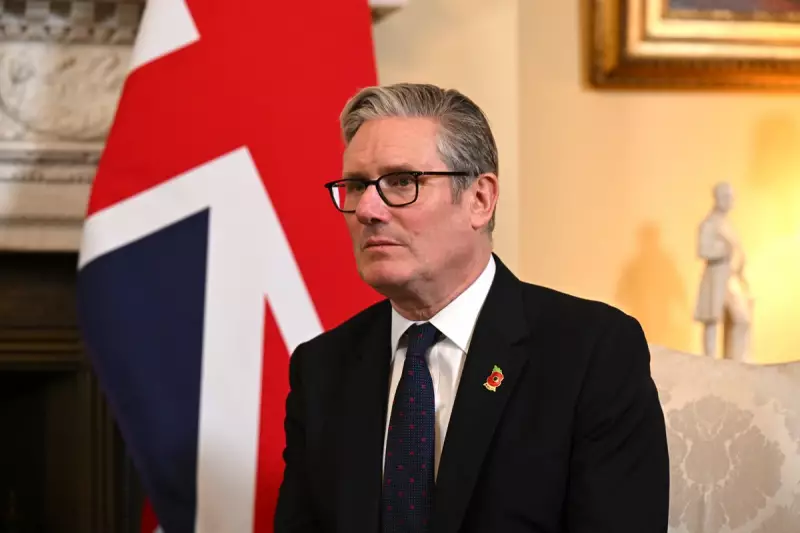
In a significant political development, Labour leader Sir Keir Starmer has secured a powerful endorsement from UNISON, Britain's largest trade union, marking a major boost for his leadership ahead of the anticipated general election.
Union Backing Strengthens Labour Position
The influential public services union, representing over 1.3 million workers across the UK, has thrown its considerable weight behind Starmer's leadership. This endorsement comes at a crucial time as political parties prepare for what many expect to be a fiercely contested election campaign.
UNISON's general secretary Christina McAnea delivered the announcement with strong conviction, stating: "Keir Starmer and the Labour Party are ready to form the next government. Our members need a Labour government to end the constant crisis in public services and the years of wage stagnation."
Strategic Importance for Labour
This union backing represents more than just symbolic support. UNISON's endorsement brings:
- Substantial organisational resources for campaigning
- Grassroots mobilisation capabilities across constituencies
- Enhanced credibility with public sector workers
- Financial support through union political funds
The timing is particularly significant given the current political landscape and growing speculation about when Prime Minister Rishi Sunak will call the next general election.
Focus on Public Services and Workers' Rights
McAnea emphasised that the decision to back Starmer was driven by concrete policy positions rather than mere party loyalty. She highlighted Labour's commitments to improving public services and addressing the cost-of-living crisis affecting millions of workers.
"Our members can't afford more years of Conservative government," McAnea asserted, pointing to what she described as "the destruction of public services and the attack on workers' rights" under the current administration.
Broader Political Implications
This endorsement signals growing confidence in Starmer's leadership among traditional Labour allies. After years of internal party divisions and strained relationships with some trade unions, the UNISON backing suggests a consolidation of support behind Starmer's moderate, electorally-focused approach.
The union's decision follows extensive consultation with its members and comes after what McAnea described as careful consideration of which party would best serve the interests of public sector workers and the communities they support.
As the political battle lines are drawn, this significant union backing provides Starmer with additional momentum and resources as Labour positions itself as the government-in-waiting, ready to address what it characterises as fourteen years of Conservative mismanagement of public services and the economy.





